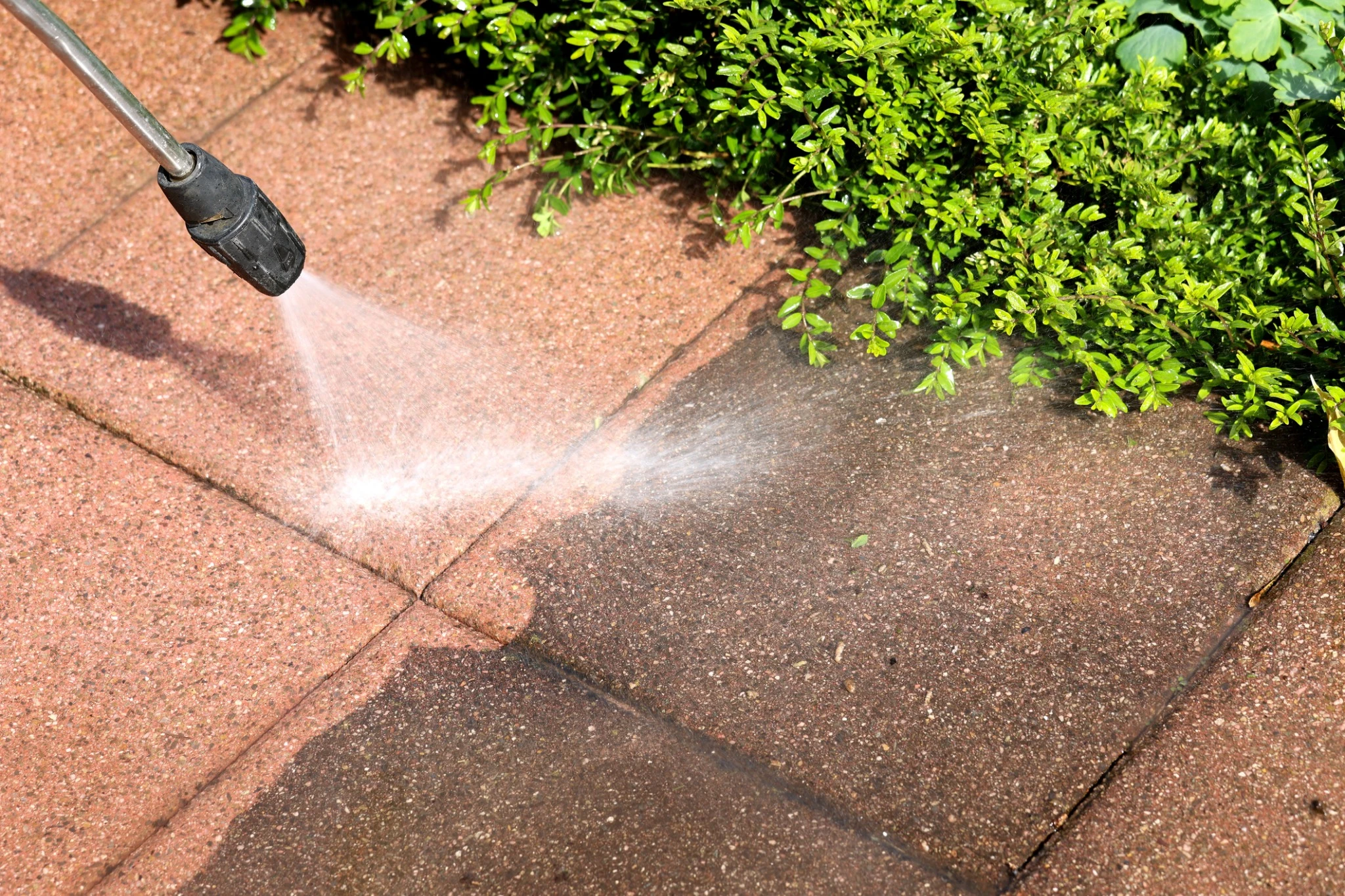Pressure washing can make a house look brand new—blasting away dirt, mildew, and grime from siding, walkways, and decks. But when it comes to windows, that same high-powered spray can do more harm than good. Whether you’re a homeowner or professional cleaner, it’s important to understand the risks of pressure washing your windows and how to prevent costly damage.
What Makes Windows Vulnerable to Damage?
Windows are built to withstand the elements, but they’re still vulnerable to pressure, especially if they’re older or poorly maintained. Some of the most common issues that arise during window cleaning with pressure washers include:
-
Cracked or broken panes
-
Damaged seals around double-pane windows
-
Water leaks into the frame or home
-
Loosened or warped plastic window frames
-
Blown-out screens or chipped paint
If your windows already have small cracks or weak seals, the force from a pressure washer can easily make things worse.
What Damages Windows During Pressure Washing?
There are several culprits behind pressure washing-related damage:
1. Excessive Water Pressure
High PSI (pounds per square inch) is great for concrete or brick—but not for window glass. The jet stream can shatter thin panes or damage the protective seal around energy-efficient windows.
2. Improper Angle
Spraying directly at the window seals or under the frame can push water behind the trim, causing mold and rot inside your walls.
3. Worn-Out Window Materials
Old or degraded window frames, especially wooden or vinyl ones, are more susceptible to cracks or leaks when blasted with pressurized water.
How Do You Know If Your Windows Are Already Damaged?
Before you clean your windows—or hire someone else to—you should inspect them carefully. Signs that your windows may be vulnerable include:
-
Condensation between panes (a sign of broken seals)
-
Visible cracks or chips in the glass
-
Warped or discolored frames
-
Drafts or moisture leaks after rainfall
If you notice any of these, avoid pressure washing and consider window replacement or repair instead.
Can Damaged Windows Be Repaired?
Some issues can be fixed, while others may require full replacement. For small cracks or separation in the seal, you can sometimes use a glass repair glue or best glue to glue glass to glass. These specialized adhesives can bond cracks or reattach loose pieces.
Types of Glass Glue That Work Best
If you’re wondering “What glue sticks glass to glass?” or “Can you super glue glass?”, here are your options:
-
Epoxy-based adhesives: Best for a strong, permanent bond
-
UV-curing glue: Ideal for invisible fixes
-
Super glue (cyanoacrylate): Works for quick repairs, but not always long-term
-
Silicone-based glue: Flexible and great for frames and seals
While super glue can work on glass, it’s not always the most durable option. Look for the best glass-on-glass glue if you’re doing structural repairs.
When Is It Time to Replace the Windows?
Sometimes, repairs aren’t enough. If the window glass is badly cracked, the frame is rotting, or you’re dealing with consistent drafts and leaks, it might be time for a full replacement.
Even though you may be wondering how much does a window cost, it’s worth noting that replacement improves energy efficiency, reduces long-term damage, and adds value to your home.
Estimating Replacement Costs
-
The window replacement cost calculator tools available online can help give you a rough estimate.
-
If you’re looking to replace vinyl windows, use a labor cost to install vinyl windows calculator to understand labor expenses.
-
Prices can vary depending on style, size (like a 48 by 48 window), and location.
You can search for terms like “window cost estimator” or “window installation cost calculator” for more precise budgeting tools.
Safer Alternatives to Pressure Washing Windows
Instead of risking damage, consider gentler methods:
Use a Hose and Soft Brush
-
Attach a sprayer to your garden hose
-
Use a long-handled soft-bristle brush
-
Wash with a mild cleaning solution and rinse with low pressure
Try Foam or Spray Cleaners
Look for glass window cleaners or best streak-free window cleaner options that are specifically designed for outdoor use. These clean effectively without the need for high pressure.
Cleaning Frames and Seals Carefully
Gluing glass to frames or sealing small cracks in seals may be necessary if water has started seeping in. Use glue for glass or best adhesive for glass that is rated for outdoor durability and waterproof performance.
If you’re dealing with broken corners or loose fittings, you may need to:
-
Glue glass back together with a UV glue for clarity
-
Replace plastic or wooden window frames entirely
-
Use silicone sealant along edges to prevent future water intrusion
Final Thoughts
Window cleaning pressure washing can seem like a fast solution—but it’s not always the safest one. Even a small mistake can lead to cracked glass, broken seals, or hidden leaks. If you’re unsure whether your windows can handle the pressure, take the time to inspect them first or consult a professional.
And if you’re dealing with cracked glass, loose panes, or broken seals, knowing the right glue to glue glass to glass or when to replace your windows entirely will help you protect your home and save money in the long run.



